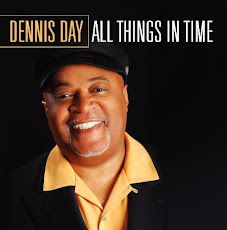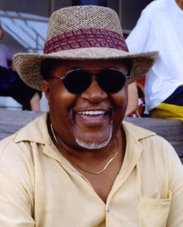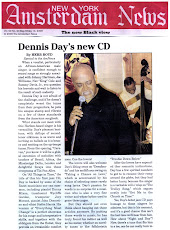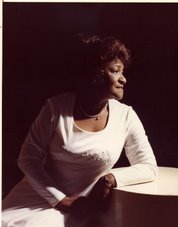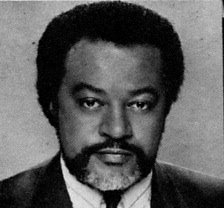Monday, January 17, 2011
Dr. King Day: A Fresh New Look
Are Americans united around the notion of a genuine celebration and acceptance of Dr. King Day as a national holiday? From the time Congressman John Conyers (D - Michigan) first introduced legislation for a commemorative holiday four days after King was assassinated in 1968, it took 15 years to create the federal Dr. Martin Luther King Holiday. After the bill became stalled, petitions with six million signatures endorsing the holiday were submitted to Congress. Conyers and New York representative Shirley Chisholm submitted King Holiday legislation each subsequent legislative session until Congress passed it in 1983. President Ronald Reagan, who had staunchly opposed the bill, citing its costs, and who had three years earlier kicked off his bid for the presidency in Philadelphia, Mississippi – a lingering symbol of racial intolerance and the site where civil rights workers Cheney, Goodman, and Schwerner were murdered – reluctantly signed it into law, declaring the third Monday in January National Dr. Martin Luther King Day.
Among my proudest moments was marching arm-in-arm with thousands of other peaceful demonstrators on the Washington Mall back in1982 and 1983, led by Stevie Wonder, who was a committed key figure advocating for the Dr. King national holiday. Other marchers included Dr. King’s widow Corretta Scott King, Reverend Jessie Jackson, scores of dignitaries, celebrities like Diana Ross, Gladys Knight, and Ossie Davis, along with us everyday citizens.
Yet still today I remain confounded that some leaders on the state and national level seem to negate the potential of this holiday as more than a mere political photo op. They marginalize its importance as a teachable moment and meaningful opportunity to embrace Dr. King’s amplified vision of William Bradford’s concept of a “beloved community” imbued with collective means by which to heal, build, and unify through service projects that promote reconciliation and tolerance. Just as he led his life in active pursuit of service to others and justice for all, Dr. King’s holiday should be active, never passive. These are the ideals out of which the American spirit and our shared values are honed, but to date these ideals seem lost on some government leaders at local, state, and national levels.
Some municipalities have allowed that any national commemoration of this celebration of the human spirit is optional and viewed it with a ho-hum attitude. Some states confine the place of the holiday to classrooms, treating it as a mere academic exercise. For example, California focuses its King Day observances largely within public school districts, encouraging “a day of reflection on Civil Rights.”
But other states take a more active stance. For example, New York State emphasizes year-long volunteerism along with cultural, artistic, and community cooperation. Beginning in 1997, the Empire State’s Community Services Initiative to Remember and Honor Dr. Martin Luther King Jr. was established. This is a model that could well serve to show the way for other states’ involvement in creating inventive ways to honor and celebrate Dr. King though community service.
The King Community Service Initiative urges New Yorkers to strengthen their communities by extending their hands to help the homeless and to care for the less fortunate. The common thread that links the various King Community Service Initiative activities is outreach beyond conventional social boundaries to promote interracial cooperation. Community Service Initiatives offer a rare socially progressive departure from the policies of former Governor George E. Pataki, a moderate conservative Republican with an otherwise questionable record in the areas of urban education reform and civil rights administration and enforcement – areas critical to achieving socio-economic parity and harmonious race relations.
Despite the Pataki administration’s dubious record on matters of socioeconomic and racial parity, growing involvement of individuals, schools, churches, and community groups in the state; broad energized celebrations demonstrate just how far reaching an executive initiative can be for establishing the right tone and setting a sterling national example of actualizing Dr. King’s mantra of working to create the “beloved community.”
The writer, Dennis Day served on the Planning Committee for New York State’s Annual Holiday Observance to Remember and Honor Dr. Martin Luther King Jr. Holiday from its inception in1997.







